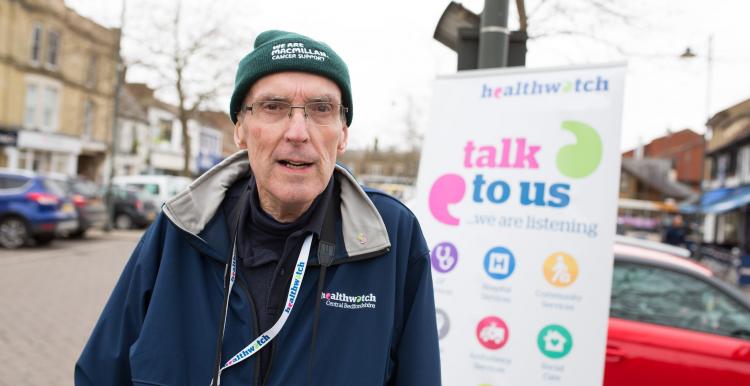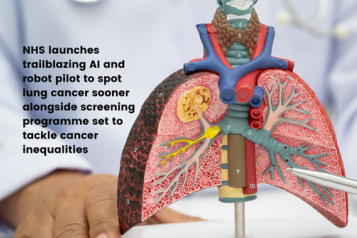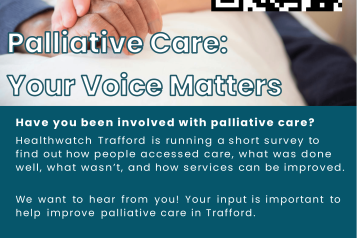Twice bereaved relative appeals for Greater Manchester residents’ early detection ideas to save lives from cancer

An online survey, to gather public views about what is important in detecting cancer earlier, has been launched today by scientists at the NIHR Manchester Biomedical Research Centre (BRC).
Around 16,000 people in Greater Manchester are diagnosed with cancer every year and residents in the area have a greater chance of getting cancer than the national average. In 2014 cancer was responsible for 6,700 deaths in the region.
The Detecting Cancer Early Research Priorities Survey asks cancer patients, their carers and the public to suggest new areas that scientists can research to detect cancer early. The earlier cancer is detected the more likely it is that treatment will be effective.
Participants, who must be 18+, can contribute any relevant ideas, but areas for consideration – such as diagnosis, education, individual empowerment, missed opportunities while being treated for other conditions, new tests or screening – are mentioned as prompts in the survey. Thoughts on all cancer types can be included in the poll, which will be open for three months.
Gen's story
Ex-nurse, 50 year old Gen Buckley cared for her father, Mike and brother Phil Hynes, while they were treated for bowel cancer. Telecommunications engineer, Phil, died aged 46 in March this year, within nine months of diagnosis, leaving a wife and two young children. Mike, a former business studies lecturer at Manchester Metropolitan University, lived with cancer for five years, before dying, aged 63, in 2000. Both had cancer diagnosed at a late stage.
Gen, who used to work at The Royal Oldham Hospital and is a steering group member of the Detecting Cancer Early PSP, said
“Supporting two close relatives through cancer diagnosis and treatment gave me a completely different perspective to my nursing role. Alternative viewpoints are valuable springboards for future research.
“Patients, carers and the public, who may have had a test for cancer themselves, will have different ideas as to how early detection can be approached. Don’t underestimate any observations and suggestions even seemingly small things can make a huge difference. Ten minutes spent filling in the survey could lead to more effective ways of finding the disease earlier. This could benefit participants themselves, their family and friends.”


